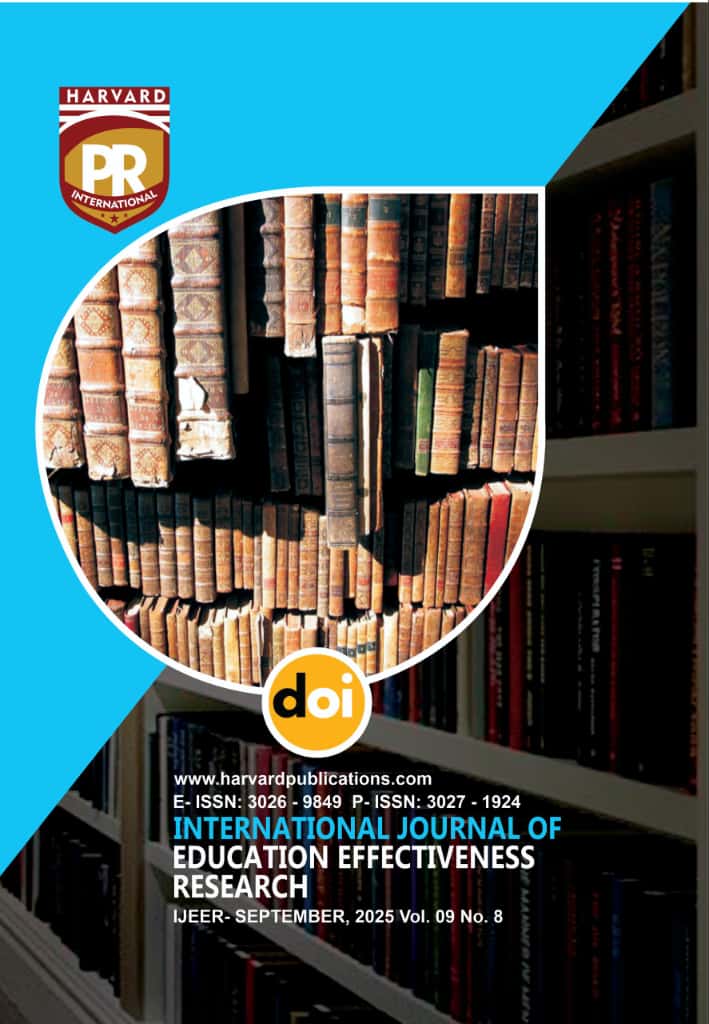Abstract
This study examined factors affecting the enrolment of women into literacy programmes in Maiduguri Metropolitan Council, Borno State. The objectives were to examine socio-cultural, economic, and administrative challenges hindering women’s enrolment and to identify strategies for enhancing participation. The study employed a survey research design. The target population comprised 1,020 women learners, 243 facilitators, and 30 administrators, totaling 1,293 individuals (Borno State Agency for Mass Education, 2024). Using Krejcie and Morgan’s (1970) sampling table, 278 respondents were selected through stratified random sampling. Data collection was carried out with a structured questionnaire (PAWELPQ), which was validated by experts and achieved a reliability coefficient of 0.83. The data were analyzed using descriptive statistics such as frequency counts, percentages, means, and standard deviations. Findings fom the study shows that; Socio-cultural factors such as early marriage, religious misinterpretations, and patriarchal household dominance significantly hinder women’s enrolment, Economic barriers, especially poverty and domestic responsibilities, limit participation in literacy programmes. Administrative challenges such as shortage of female facilitators and rigid schedules reduce enrolment. Strategies such as community sensitization, incentives, female facilitators, and flexible schedules are effective in enhancing participation. The study recommended intensified sensitization campaigns to address cultural and religious misconceptions, provision of economic support like stipends and free learning materials, prioritization of female facilitators, and the adoption of flexible schedules to accommodate women’s domestic and economic duties.

This work is licensed under a Creative Commons Attribution 4.0 International License.
Copyright (c) 2025 ABDULRAFIU KUDIRAT TANKO, HABU IBRAHIM, MARYAM MANU (Author)




